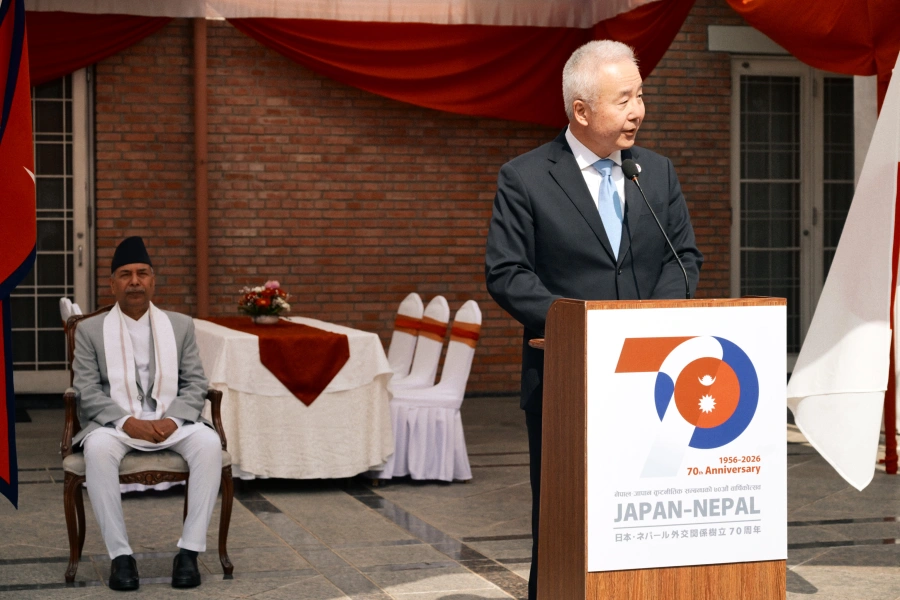Applicants seeking citizenship through mother continue to face non-cooperation from implementing agencies because officials still don’t fully comprehend the provision in the amendment. Implementers of law, including Chief District Officers, are still demanding official records of the father from applicants who seek citizenship from the mother. This defeats the whole idea behind the amendment, which is to recognize a person as a bona fide citizen of the country through either the mother or the father.
The Act clearly states the either/or provision but officials insist that applicants need to produce records of the father. This has severely inconvenienced children of separated and divorced parents. The refusal by the father to cooperate is enough to deny such children citizenship papers. These impediments resulting from the ignorance of implementing agencies has limited the number of applicants who successfully get citizenship through mother to only about 60 a year, with some of them getting help from NGOs.
While provisions in the amendment aren’t being correctly interpreted and properly implemented, the amendment also doesn’t completely relieve a child from the burden of carrying his father’s name for life. The amendment is silent on whether a child, who gets citizenship from mother, can keep the mother’s surname. This is unfair on a child who lives with a divorcee mother and doesn’t want to carry the father’s surname. And this is unfair on the divorcee mother who raises her children but cannot identify them by her own surname. Also, this makes the amendment half-hearted in that it continues to put the father in picture, at least legally.
Laws are meant for making people’s lives better by smartly pushing the limits of freedoms while making sure that foul practices are brought under check. While provisions in the Citizenship Act need to be fully implemented, we believe a provision to allow children to carry the mother’s surname is necessary to put mothers on equal standing with fathers.
Clash between Citizenship-less Struggle Committee and Police at...






































